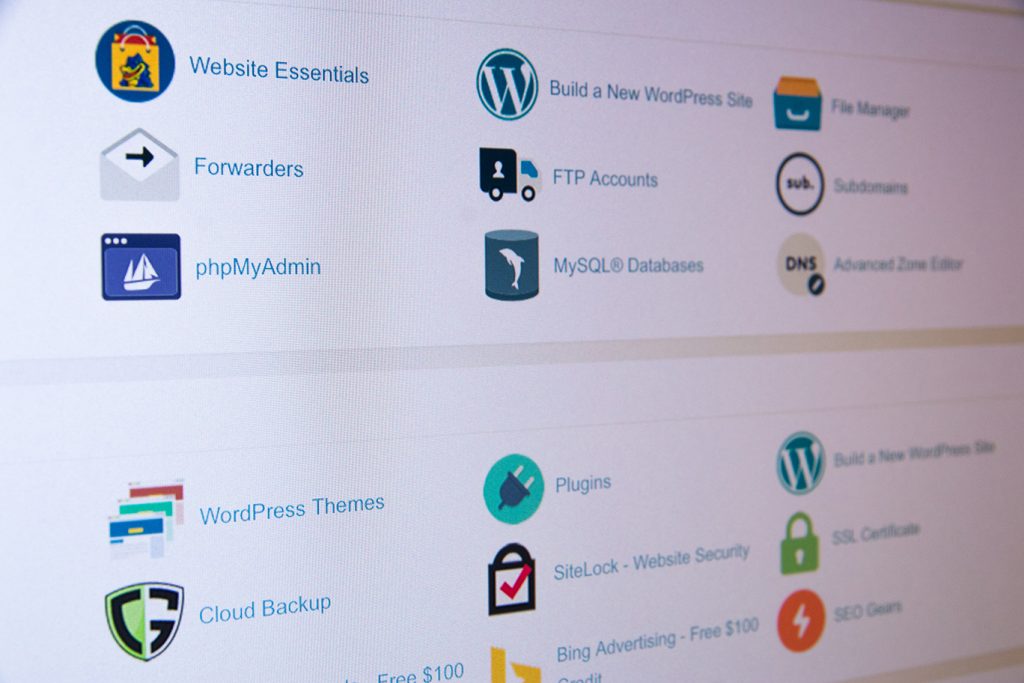Businesses that are beginning a new website or looking to enliven their current sites may be wondering which content management system (CMS) is right for their companies. Three of the most widely used systems on the Internet, and included in our CMS comparison, are Drupal, Joomla, and WordPress.
All three of these open-source software systems are free to download, and the constantly updated and improved functions and options make them easy-to-use and customizable for individual businesses. Each CMS has a helpful community of users that will provide technical support, and each is a sustainable platform for the foreseeable future. However, despite the common basic structure of these open-source communities, each CMS has its own list of features and best uses.
DRUPAL

Drupal is best used for websites that require the organisation of complex data or for a community of users, such as an online store. This CMS provides the ability to tag and group information and groups quickly and easily, and it has plug-ins that provide security and back-up to these organisational systems.
Of the top three platforms, Drupal is probably the least popular because of the level of knowledge and skill involved. Many corporations require the assistance of a web developer when beginning with Drupal, but more recent updates to the CMS have made it friendlier for new users.
JOOMLA

In a relatively short amount of time, a new user can study the Joomla content management system and learn its terminology and structure. With the ability to sort and share content in a flexible structure, Joomla allows users to create fairly customized websites within the confines of its system. In addition, this CMS supports online shopping and social networking more strongly than WordPress.
Joomla offers a large number of modules that can be integrated into a website, but it can be difficult to sift through the many module options to find the perfect one, and it can be even harder to find maintenance support online for the chosen modules.
WORDPRESS

Best used for blogging and brochure-style websites, the WordPress content management system focuses its attention on the aesthetics of a website rather than organisation and complex functionality. However, this system does support comments, bookmarks, and RSS syndication.
Although it is the simplest CMS to maintain on an individual basis, WordPress requires frequent updates to its core platform. When these updates are downloaded and installed, they often break the links connecting a website’s plug-ins and widgets, thereby breaking down the entire website. This could potentially derail a company’s website until fixes are finished and the site gets up and running again.
CONCLUSION
With a variety of content management systems available, website designers and developers have several options. Whether they choose to use Drupal, Joomla, or WordPress, each CMS has distinctive features, advantages, and disadvantages. Drupal remains the most complicated to use and maintain, but it also creates some of the most complex and functional websites available. The intuitive design options of WordPress are more suited for beginners, but this CMS does not have the same advanced capabilities as some of the other systems. Joomla sits between these two systems both in terms of complexity and features available.
All three of these options can be downloaded and used for free or installed in a matter of moments via Softaculous, available with our Australian web hosting.
Find out more about WordPress Hosting and Joomla Hosting on our website or call 1300 MY HOST.








